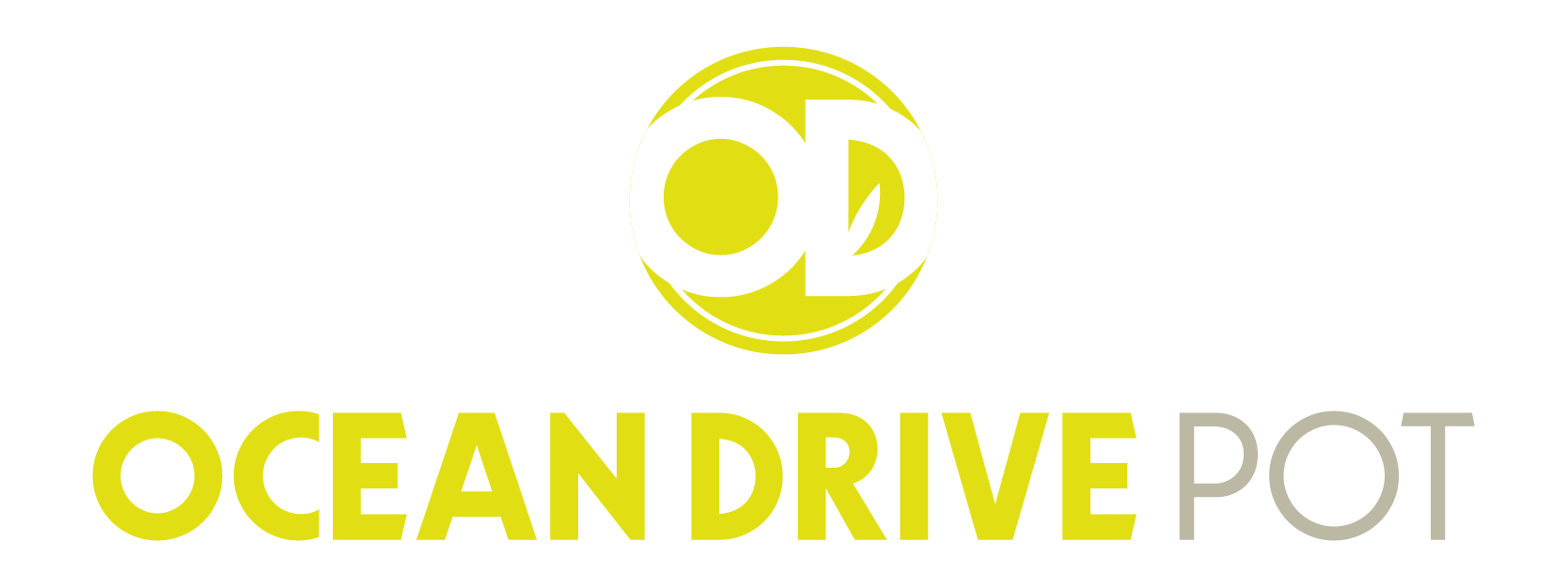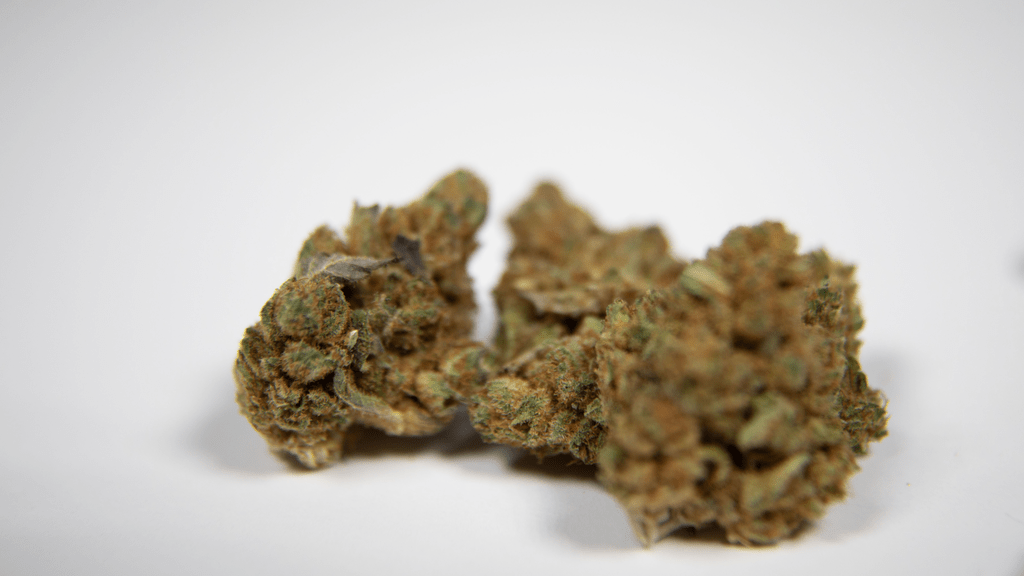The growing popularity of cannabis across the U.S. has opened the doors for first-time users seeking relief, relaxation, or wellness support. Whether shopping at a dispensary or browsing online, new consumers often encounter two dominant cannabinoids: THC (tetrahydrocannabinol) and CBD (cannabidiol). Despite their prominence, misconceptions still cloud the understanding of what these compounds do—and don’t do.
Separating fact from fiction can help newcomers make smarter, safer choices when exploring cannabis for the first time.
Misconception #1: THC and CBD produce the same effects
THC and CBD interact with the body differently. THC produces psychoactive effects, commonly described as a “high.” CBD, on the other hand, is non-intoxicating and is associated with calming or therapeutic effects. These two cannabinoids engage different receptors in the body’s endocannabinoid system, leading to very different outcomes for the user.
Misconception #2: CBD has no psychoactive effects at all
Many people believe that CBD is completely non-psychoactive, but that’s not entirely accurate. While it won’t cause a high, CBD still affects mood, stress levels, and how the body processes pain—clear signs of psychoactivity. A better way to describe CBD is “non-intoxicating,” meaning it won’t impair thinking or motor function.
Misconception #3: The higher the THC, the better
It’s a common belief that more THC means a stronger or better cannabis experience. For beginners, this mindset can lead to negative side effects like paranoia, anxiety, or dizziness. Many users find that lower-THC strains or products with a balanced CBD-to-THC ratio provide a more manageable and enjoyable high.
Misconception #4: CBD neutralizes the effects of THC instantly
While CBD may help reduce the intensity of a THC high, especially when both are consumed together, it’s not a quick fix for overconsumption. Taking CBD after a strong dose of THC might offer some relief, but it won’t completely reverse the effects. Prevention is more effective than reaction when it comes to combining the two.
Misconception #5: All CBD products are the same
Not every CBD product offers the same experience or quality. Full-spectrum CBD contains a range of cannabinoids, terpenes, and trace amounts of THC, while CBD isolate includes only pure CBD. Some full-spectrum formulas may have enough THC to affect sensitive users or even show up on drug screenings. Always review third-party lab results and ingredient labels before trying a new product.
Misconception #6: THC is for fun, CBD is for medicine
Many people assume THC is only for recreational use, while CBD is purely medicinal. The truth is, both cannabinoids have therapeutic benefits. THC is used to treat pain, nausea, and loss of appetite, while CBD is known for managing inflammation, seizures, and anxiety. Patients often use a combination of the two to support various conditions.
Smart Starts Begin with the Right Knowledge
Navigating cannabis as a new consumer doesn’t have to feel overwhelming. By understanding how THC and CBD differ—and what they can offer—it becomes easier to choose the right products for your needs. Always start low, go slow, and ask questions at your local dispensary. With the right information, cannabis can be an empowering addition to a balanced health or wellness routine.
Read more about understanding cannabinoids here.

